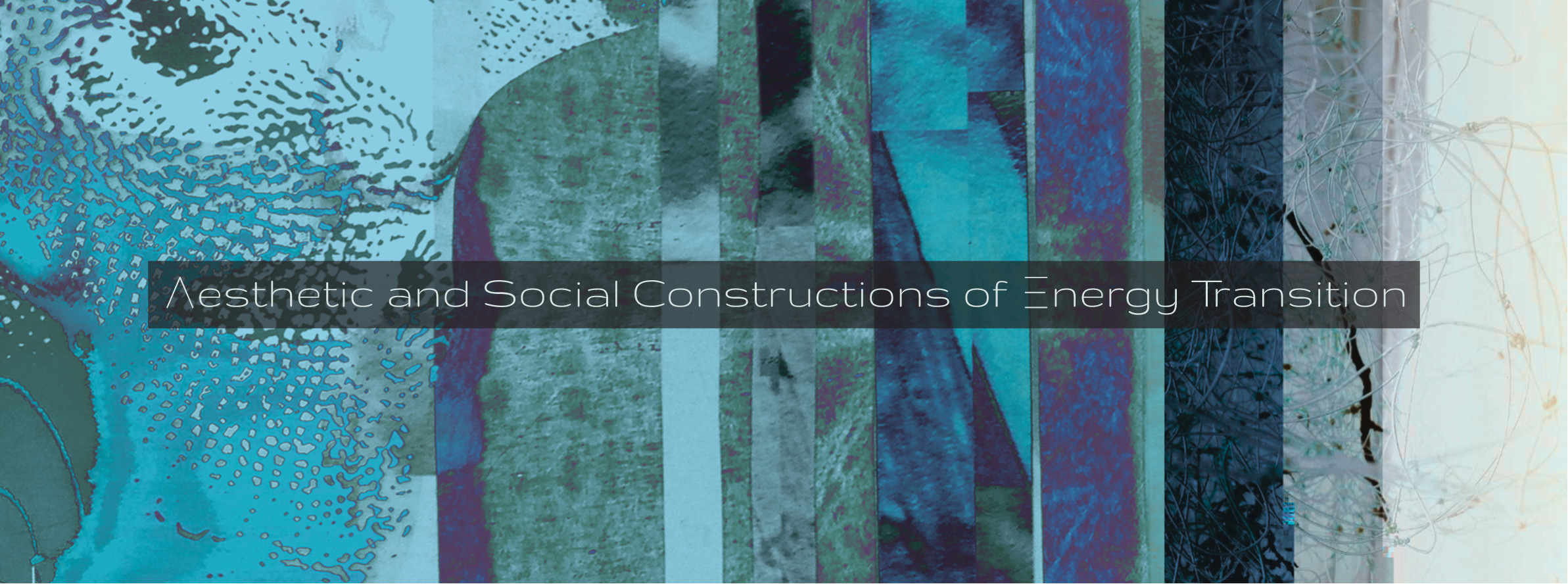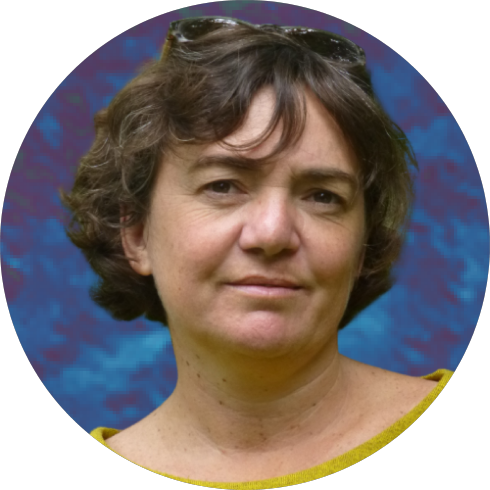


The ASCET (Aesthetic and Social Constructions of Energy Transition) Project examines the representation of climate emergency and energy transition in arts, literature, and media, exploring the interactions between word and image, the political and cultural aims underlying different representations, and the potential legitimization of renewable energy. How do hydropower plants and wind farms alter and inform our perceptions of coastal and marine space? How are artists, writers, energy companies and governments reconfiguring their representational practices in an era of energy transition, one that engenders a markedly different temporal and cultural construction of the space we live in? In particular, ASCET aims to:
- promote an aesthetic transition that would facilitate energy transition at the local, national, and international levels
- theorise aestheticized perceptions that can collapse the Manichean dichotomization of ‘good’ and ‘bad’ technologies, progress and stagnation, technophobia and techno-utopianism
- design and disseminate educational resources and open science materials

The University of Western Brittany (Université de Bretagne-Occidentale; UBO) is a multicampus university, with the main site in Brest and satellite campuses in Quimper and Morlaix. There are three principal areas of research at UBO : Humanities and Social Sciences, Maths and ICT, and Marine Sciences. UBO is home to 37 research units, including HCTI (Héritage et Création dans le Texte et l’Image) which supports the project.

The University of Gdańsk (Uniwersytet Gdański) is located on the southern coast of the Baltic Sea. One of the most modern academic centres in Poland, its campuses are situated in Gdańsk, Sopot and Gdynia. Owing to its academic character, the University of Gdańsk implements a host of diverse scientific research, representing the Humanities, Economic Sciences as well as the Social, Exact and Natural Sciences. It ranks high in the field of innovation and has received funds to implement projects as part of EU Horizon 2020.

SEA-EU is an Alliance of 9 European Coastal Universities (Cadiz, Bretagne Occidentale, Kiel, Gdańsk, Split, Malta, Naples, Algarve and NORD) dedicated to the creation of a European Coastal Campus where all students and staff can experience Europe through a rich and varied offer of activities and cooperation. Since its inception in 2019, SEA-EU has worked to co-create, together with more than 75 stakeholders, the future of European Higher Education. |

The ASCET Project hosted their inaugural webinar on 22 January 2024. Over 100 participants joined from across 15 countries. The webinar featured a keynote — “Learning to Live in 3D: Decarbonization, decoupling and degrowth” — from Dominic BOYER (Rice University, USA) and a Roundtable — “Forgetting fossils, figuring futures” — with Lucie de CARVALHO (University of Lille, France), Katja LINDSKOG (Yale University, USA), Graeme MACDONALD (University of Warwick, UK), Katie RITSON (Rachel Carson Center, Germany). Missed it? You can watch the keynote video here.
Stay tuned for more news and events from ASCET.









